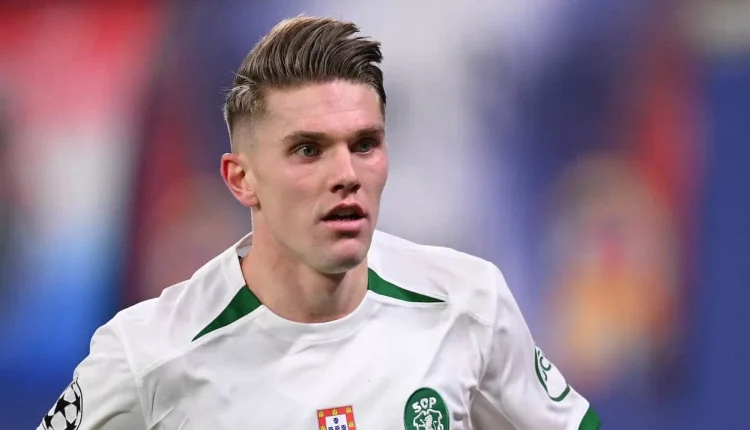“I don’t know why you are trying to sign Gyökeres when you already have a striker that is better than him. He’s a Real Touch of Class if managed properly” – This is according to Former England Manager Fabio Capello as he Claims that Man United Already Have a Superior Striker to Gyökeres
Fabio Capello Unfazed by Manchester United Missing Out on Gyökeres, Believes They Already Have a Better Striker
Fabio Capello Unfazed by Manchester United Missing Out on Gyökeres, Believes They Already Have a Better Striker
Fabio Capello doesn’t see Manchester United’s failure to land Viktor Gyökeres as a setback, asserting that the club already has a more capable striker in their ranks.
Despite Rasmus Højlund’s underwhelming season, which led United to search for a more consistent goal scorer, Capello believes the answer might already be in their squad. The Red Devils have recently signed Matheus Cunha and are making strides to sign Bryan Mbeumo, but critics still argue that a true centre-forward is missing.
United have reportedly stepped up their interest in Gyökeres, but negotiations have stalled due to Sporting CP’s high asking price of over €70 million, compounded by disagreements between the club and the player’s agent. Recent reports even suggested that the Swedish striker prefers a move to Arsenal.
Capello, however, remains unconcerned. Writing for La Gazzetta dello Sport (via Juve FC), the former England and Real Madrid boss explained why he would rather see his former club Juventus pursue Joshua Zirkzee instead of Gyökeres.
“I would immediately choose Joshua Zirkzee. He’s shown real quality in Serie A,” Capello wrote. “He’d also come at a lower cost than Gyökeres, who despite scoring heavily at Sporting, is 27 and hasn’t proven himself in a top-tier league like ours.”
Capello referred to Zirkzee’s standout campaign at Bologna, where his performances played a key role in securing a Champions League spot for the club. After a difficult start at Manchester United, including a poor showing against Newcastle, Zirkzee has bounced back and is now a favorite among the fans.
While Gyökeres is a traditional striker known for his goal-scoring instincts, Zirkzee is more versatile, often dropping deep to participate in the build-up — making a direct comparison between the two complex.
